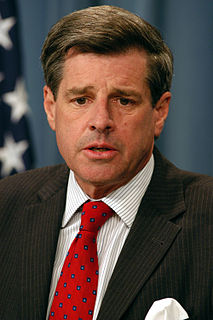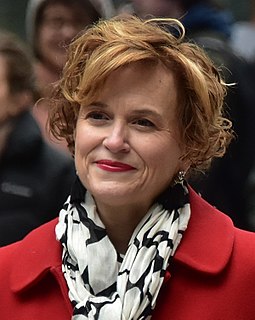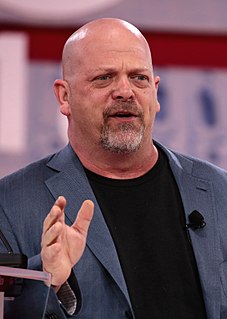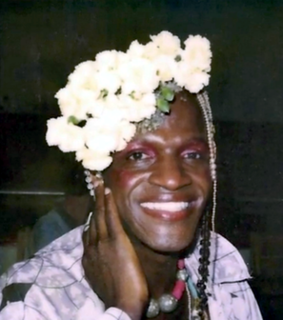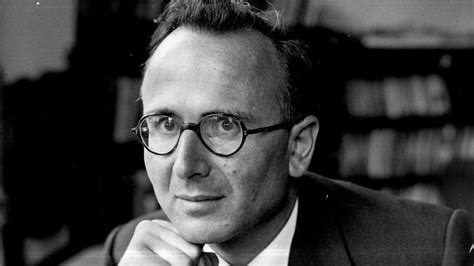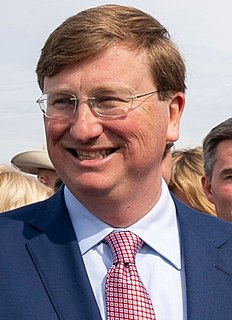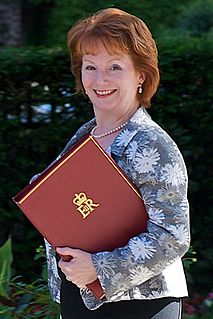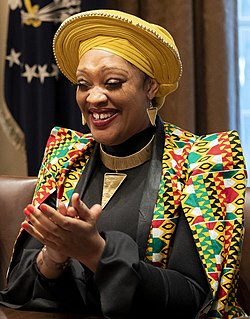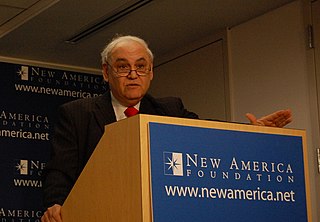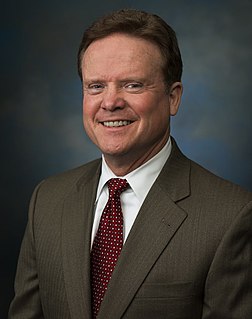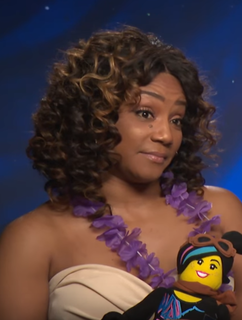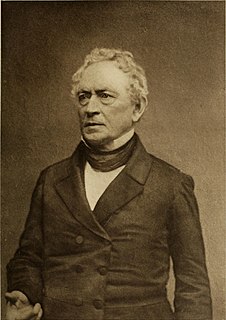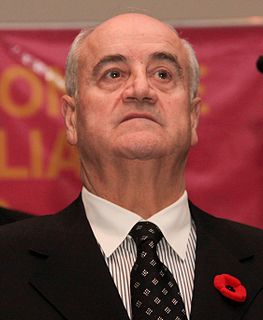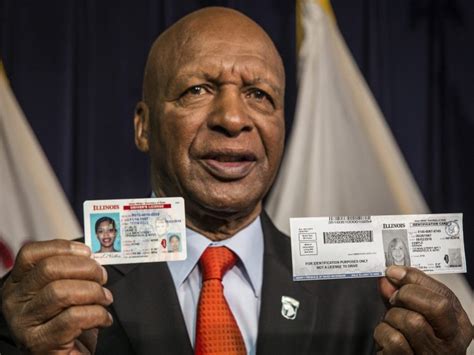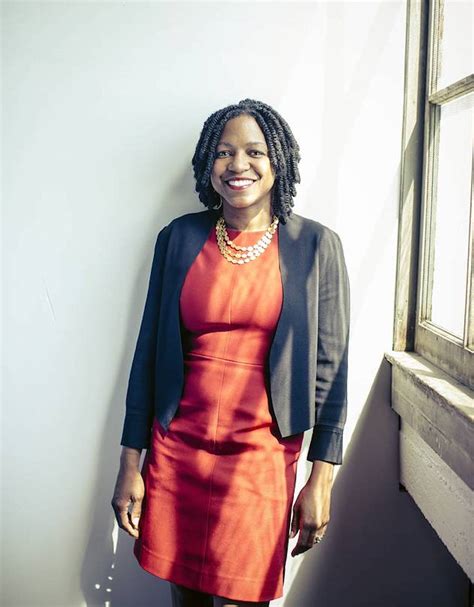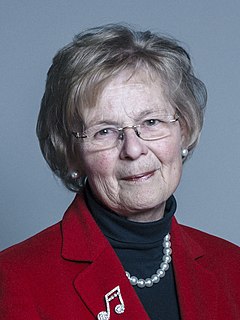Top 1200 Military Police Quotes & Sayings - Page 3
Explore popular Military Police quotes.
Last updated on November 18, 2024.
In Baltimore they can't do police work to save their lives. Now because of Freddie Gray they're not even getting out of the car and policing corners - they're on a job slowdown, basically. Right now if the police stopped being brutal, if we got police shooting under control, and the use of excessive force, if we have a meaningful societal response to all that stuff, and the racism that underlies it, the question still remains: what are they policing, and why?
We don't have any intention whatsoever to use military force to solve the Palestinian problem. But when it comes to terror - when it comes to terror, I believe that military - the right military steps is a very, very complicated kind of warfare, where I make every effort not to escalate the situation.
In recent years the military has gradually been eased out of political life in Turkey. The military budget is now subject to much more parliamentary scrutiny than before. The National Security Council, through which the military used to exercise influence over the government is now a purely consultative body. But Turkish society still sees the military as the guarantor of law and order. The army is trusted, held in high regard - though not by dissident liberals. When things go wrong, people expect the military to intervene, as they've intervened over and over again in Turkish history.
We have no regulation of drones in the United States in their commercial use. You can see drones some day hovering over the homes of Hollywood luminaries, violating privacy. This question has to be addressed. And we need rules of operation on the border, by police, by commercial use, and also by military and intelligence use.
Crime in the city streets is more than a political issue. It's a too rampant fact.... In Indianapolis they have come up with a most sensible, affordable approach to the problem. Policemen are assigned their police patrol cars for personal use after hours. They are encouraged to use the police car while taking the family shopping, to the movies, and everywhere one takes one's family. As a result, says the Police Chief's assistant, we may have as many as 400 cars on the street instead of 100 or so per shift. [And] the presence of the police car obviously indicates the proximity of policemen.
The Obama administration made it illegal for me to loan any money to anyone in the military. I have one compliance guy just for a pawn shop. It's everything from Homeland Security, FBI, the local police department, IRS - all these regulations I have to keep an eye on constantly, and it's just overwhelming for a small business.
What we have to ask is this: what can we morally expect of and allow to people whom we deploy to fulfill this or that social role :police officer, school teacher, physician? This may sometimes lead to difficult social decisions - e.g. should police be permitted to illegally import drugs as part of a sting operation? In the end, I think "common - that is, critical - morality" should determine the limits of the police role.
Everyone is now considered a potential terrorist, providing a rational for both the government and private corporations to spy on anybody, regardless of whether they have committed a crime. Surveillance is supplemented by a growing domestic army of baton-wielding police forces who are now being supplied with the latest military equipment.
After the death of the sadistic dictator Gen. Sanni Abacha in 1998, Nigeria underwent a one-year transitional military administration headed by Gen. Abdulsalami Abubakar, who uncharacteristically bowed out precisely on the promised date for military disengagement. Did the military truly disengage, however? No.
The wild open-market theory that died in 1929 had a run of just over thirty years. Communism, a complete melding of religious, economic, and global theories, stretched to seventy years in Russia and forty-five years in central Europe, thanks precisely to the intensive use of military and police force.
Beneath a free government there is nothing but the intelligence of the people to keep the people's peace. Order must be preserved, not by a military police or regiments of horse-guards, but by the spontaneous concert of a well-informed population, resolved that the rights which have been rescued from despotism shall not be subverted by anarchy.
See, ma'am, frankly speaking this problem can't be solved by us police or military. The problem with these tribals is they don't understand greed. Unless they become greedy there's no hope for us. I have told my boss, remove the force and instead put a TV in every home. Everything will be automatically sorted out.
I have a letter from a police inspector, retired after some 30 years in rural Derbyshire, alerting me to the potential impact of a total ban on hunting on relationships between the police and the community in rural areas - a particularly significant consideration in current circumstances. Is it, I ask myself, sensible to divert valuable police time to enforce a ban on hunting when they are under so much pressure from violent crime?



















